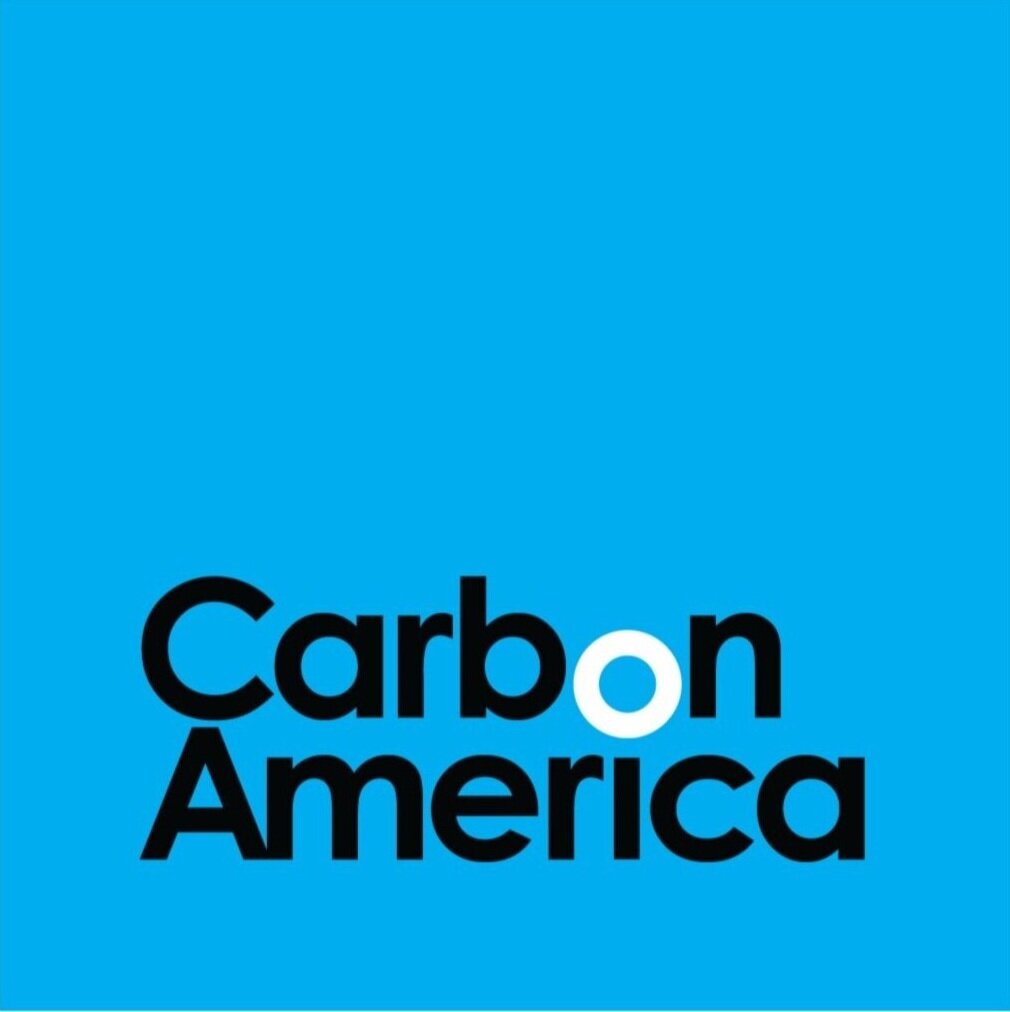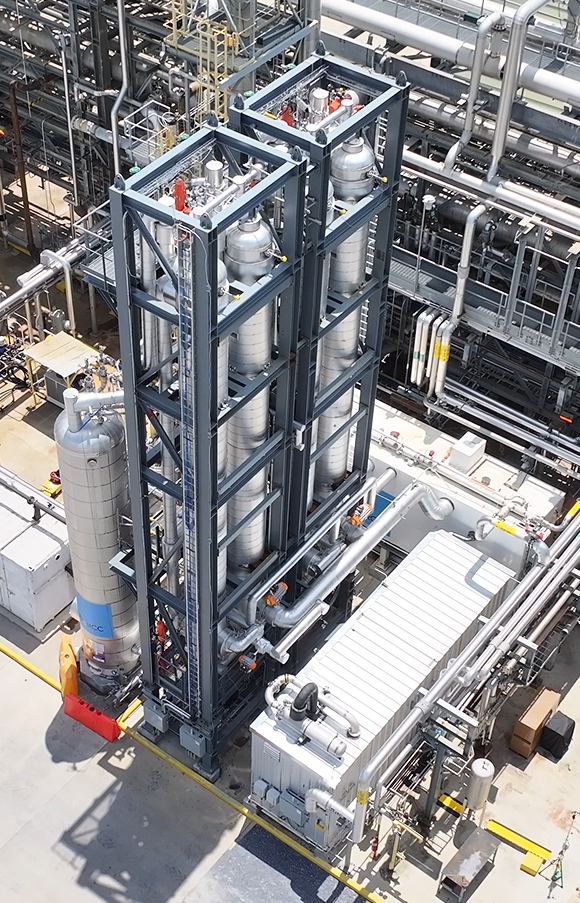
Carbon America News
Latest Updates
Carbon America Advances Ultraclean Carbon Capture at the National Carbon Capture Center Using Novel Cryogenic Process
By Miles Abarr, Jonathan Stickel, and Scott Sportsman
Carbon America has proved out an engineering-scale pilot of its FrostCC™ cryogenic carbon-capture technology at the National Carbon Capture Center (NCCC) in Wilsonville, Alabama. The system has achieved performance expectations, reaching 1,000 hours of carbon capture.
FrostCC™: lowering the cost of carbon capture while cleaning up criteria pollutants
The FrostCC™ technology represents a significant advancement in the field of carbon capture. FrostCC™ compresses, cools, and expands flue gas to the point where the CO₂ within it “frosts” (changes phase from gas to solid, also known as desublimation). The solid CO₂ can then be physically separated from the rest of the flue gas constituents. The CO₂-lean exhaust gas is circulated back through the system as the auto-refrigerant.
FrostCC™ is a durable, fully electric-driven solution and intrinsically captures other criteria pollutants from nearly any power or industrial plant. The innovative cryogenic approach utilizes standard industrial turbomachinery, similar to air compressors and expanders, and eliminates solvents, chemicals, and water use. The commercial FrostCC™ product will leverage commodity equipment and materials proven at scale in versatile, standardized trains, enabling high volume manufacturing to drive down costs. Its small footprint and electric-only load enables easy retrofitting of existing plants while minimizing site host disruption.
The FrostCC™ capture technology was initially developed at the Carbon America R&D facility in Arvada, Colorado. Over 350 tests covering over 2,000 hours of testing were performed across a range of concentrations and rates at our laboratory-scale integrated system. Custom, empirically-validated models are continuously refined to characterize the core physics, as well as enable optimization of the technology. Testing at Arvada achieved technology readiness level (“TRL”) 5 in 2022.
Engineering-scale Pilot System Accomplishments
Carbon America’s NCCC testing campaign was divided into two phases. Phase 1 focused on compression, dehydration, expansion, and cold recuperation. Phase 2 included the addition of Frosting Heat Exchangers and the liquid CO₂ system. Full system 24/7 operation began in early April 2024 and accumulated 1,000 hours of carbon capture operation. Key accomplishments include:
Demonstrated robustness and reliability of the system, with no degradation of major equipment or processes.
Proved co-pollutant removal from a gas flue stream.
Further validated physics-based models and proved operational boundaries, enabling strong confidence in scalability and design of larger systems.
Achieved technology readiness level (“TRL”) 6, enabling full design of commercial modules.
Future FrostCC™ Deployment
Following the NCCC pilot, Carbon America plans to deploy the first iteration of the standard commercial FrostCC™ module. This module, once proven, will be ready for broad commercial application across various emission-intensive industries such as power plants, cement and steel, pulp and paper, and other production facilities.


